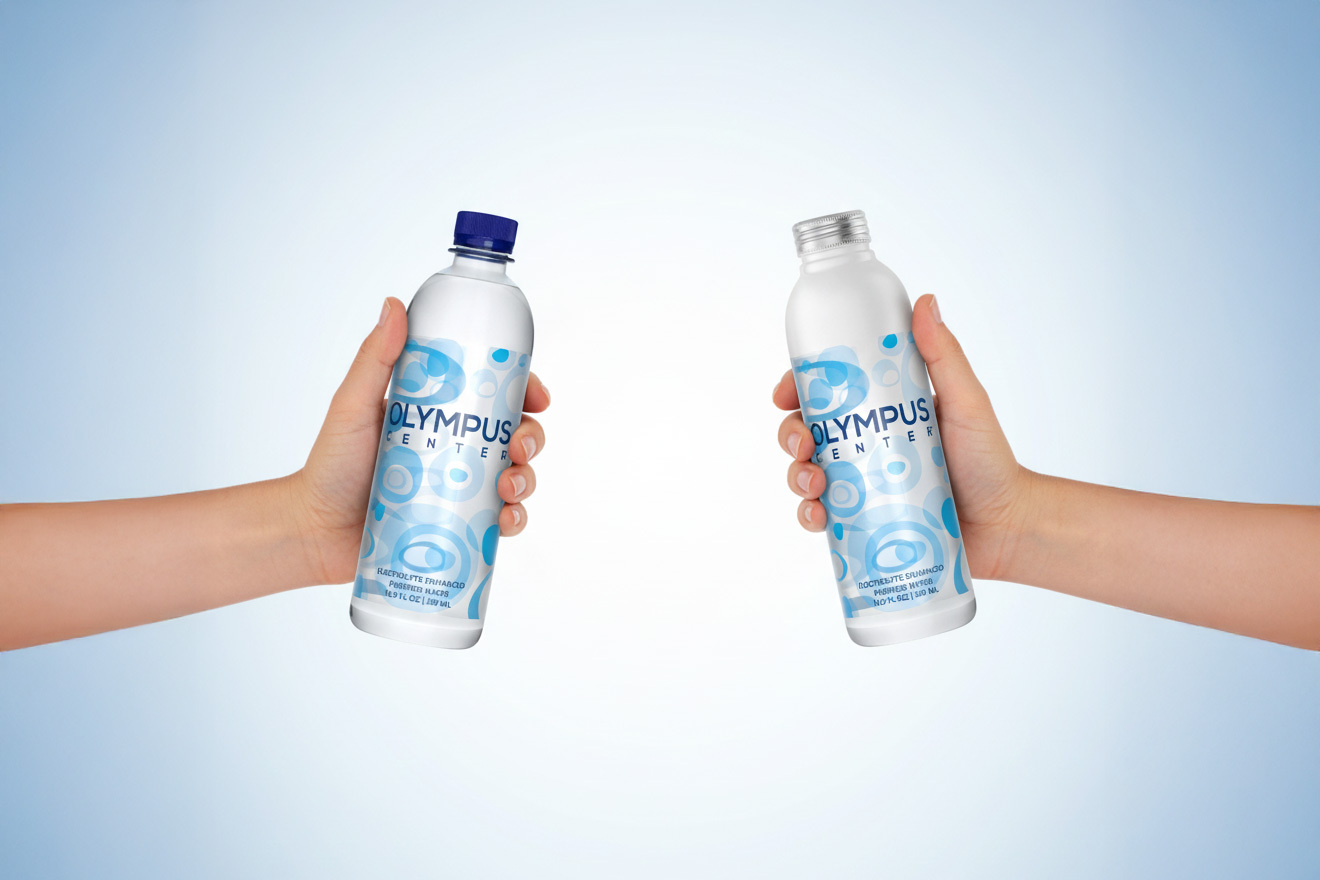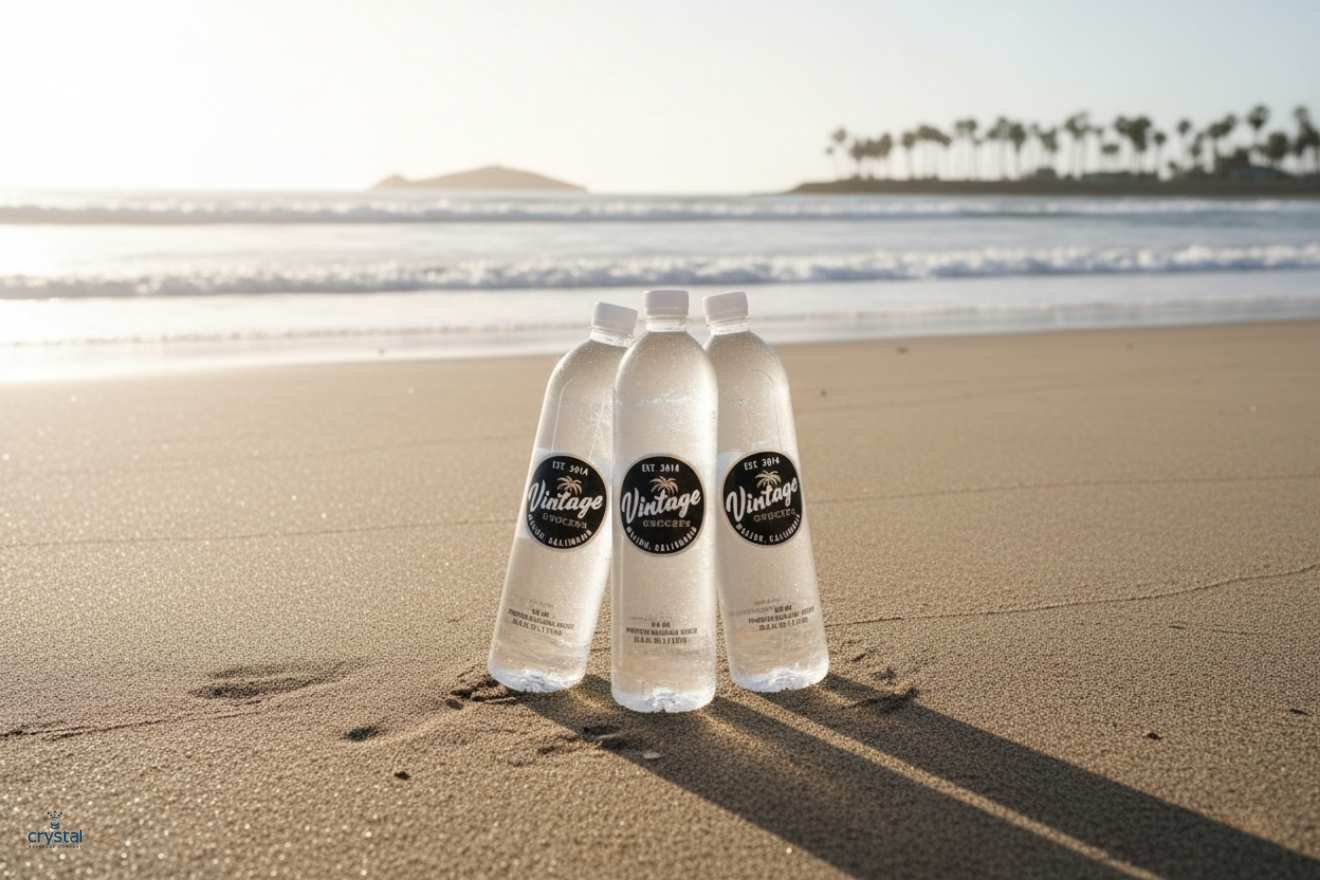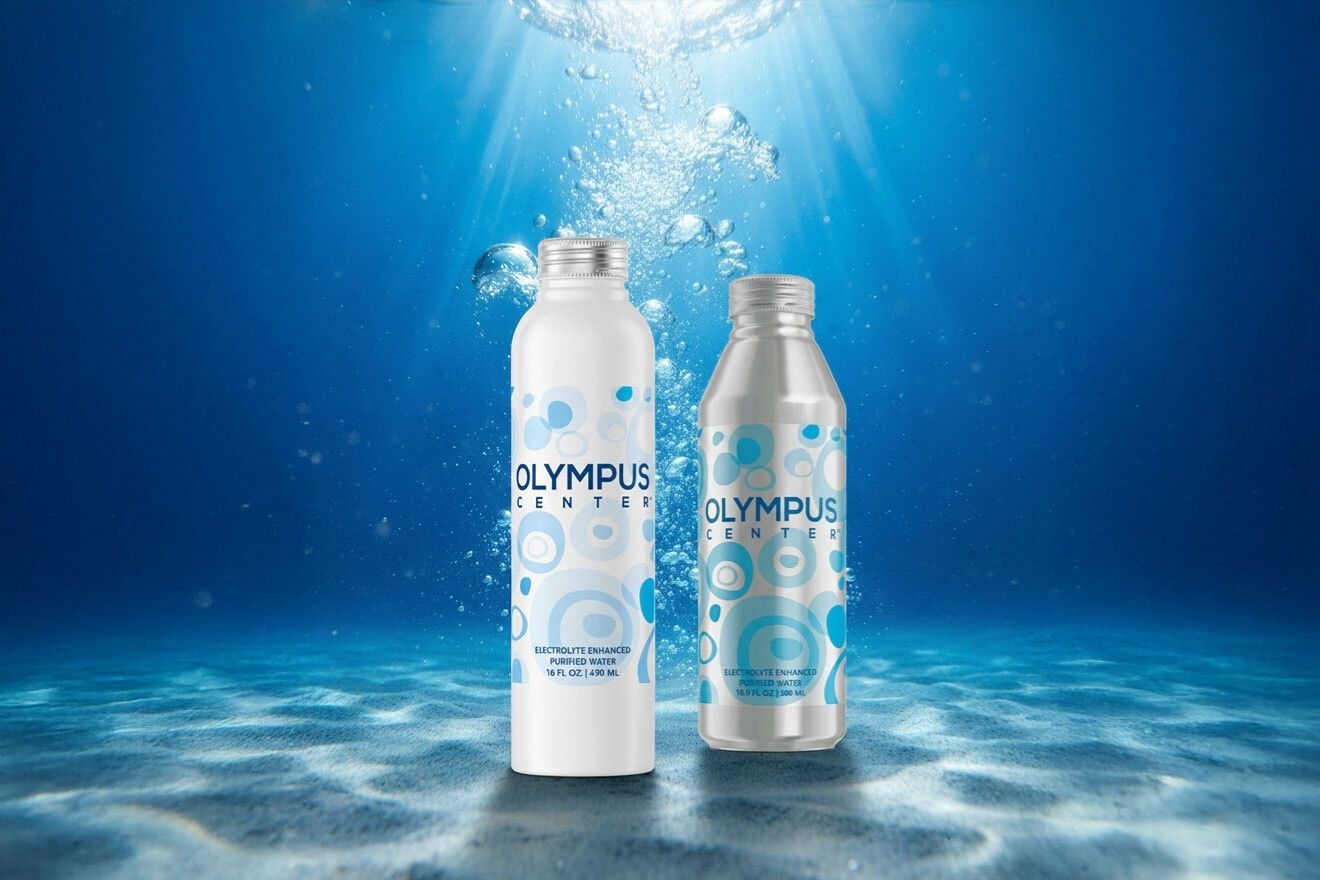Should Bottled Water Be Banned: Pros and Cons


Should Bottled Water Be Banned?
The Pros
#1 Banning Plastic Bottles is a Step Closer to a Healthy Environment
It is common knowledge that plastic bottles contribute to our carbon footprints. Plastic water bottles leach harmful chemicals into the water and the environment, making them a menace for both the ecosystem and our own health.
#2 Banning Bottled Water would Protect Natural Water Sources
Up to 64% of bottled water is sourced from municipal water, also known as tap water, which can drain the supply meant for public use. Additionally, some bottled water companies are not transparent with their water sources, and destroy natural resources to supply their water bottles. A ban on bottled water would protect these supplies.
#3 Banning Bottled Water Opens Opportunities to Innovate Alternative Materials
The ban on bottled water is mostly limited to banning plastic water bottles. Other sustainable and eco-friendly materials are welcome for use as alternatives to plastic. In select cities across the US, private establishments have already enacted plastic water bottle bans, which opened opportunities for materials like stainless steel and aluminum to be commonplace.
The Cons
#1 Banning Removes a Healthy Drink Option
Since 2016, bottled water outsold soda as the preferred drink of choice for the majority of consumers. The sales of water continue to skyrocket since then, taking a lead over unhealthy, sugary drinks. Removing bottles of water as a choice would veer people towards soda bottles instead, which would not solve the problem, and increase rates of diabetes and obesity.
#2 Banning Bottled Water is Not the Only Way
Some experts believe that banning bottled water is just a band aid solution to the ever-growing plastic problem. Certainly enough, plastic containers aren't limited to your ordinary water bottle. Plastic comes in various forms from food to single-use containers, and banning one or the other would not solve the problem. There are other ways to remedy plastic pollution.
#3 Other Drinks will Still Continue to Contribute to Global Warming
Out of the 20,000 plastic bottles sold every second, more than 10,000 of them contained drinking water. However, even if you remove drinking water out of that statistic, you would be left with bottles of sports drinks, sodas, juices, and other beverages consumers can opt for over water. This contributes to plastic waste concerns just the same.
Alternatives to Bottled Water

Refillable Water Bottles
One of the best alternatives to plastic containers is to use reusable ones. Most reusable bottle materials are made from stainless steel or plastic, but silicone and glass bottles also exist. These are meant to be multi-use, where you use the bottle infinitely until it can no longer safely contain your beverage.
However, most people tend to use more than one reusable bottle at a time depending on their aesthetic or affinity for certain tumbler designs. It is also inconvenient to bring your bottle around, and refilling it with water from unknown sources is not safe.
Glass Bottles
Glass bottles don't leach chemicals into your water, and they are endlessly recyclable as well. The problem is that glass shatters easily, and can be dangerous for small children to drink from. Glass bottles make for good alternatives to plastic ones, but must be handled with proper care.
Aluminum Bottles
For a bottle that ticks all the boxes: portable, safe, recyclable, sustainable, and sanitary, aluminum bottled water is the way to go. Aluminum is endlessly recyclable, but unlike glass, will not shatter upon impact. Aluminum is also lightweight and portable, which can top plastic materials in safety and sustainability. They are also reusable.
My Own Water produces our own line of aluminum bottles. We understand the plastic problem, and we aim to provide our customers with a guilt-free and sustainable choice. Our aluminum bottles are recycled, which uses up only 5% of the energy to process raw aluminum. Make the better choice, and go for aluminum bottled water!
Management Over Restrictions
From a privileged perspective, it seems easy to ban bottled water due to their negative environmental impacts. However, this decision is not fair to those areas where bottled water is the only potable water source, and the most practical emergency water supply.
Thick back to those times when a bottle of water was your only safe and practical option to drink: like in roadside carnivals or restaurants where the safety of their tap water and other drinks is dubious. In some landlocked areas, bottled water may be the only drink option for the people living there.
Bottled water is not all bad, but the more damaging aspect is how we manage our plastic waste. In the US, only 30%, or less, of plastic water bottles are recycled yearly, leaving 70% or so plastic water bottles littering the environment. The problem lies with the way we process this waste, which has room for improvement.
What we can personally do is make the choice for better alternatives like using a reusable bottle, or aluminum bottles instead of plastic. This way, we maintain the convenience of plastic without harming the environment.






